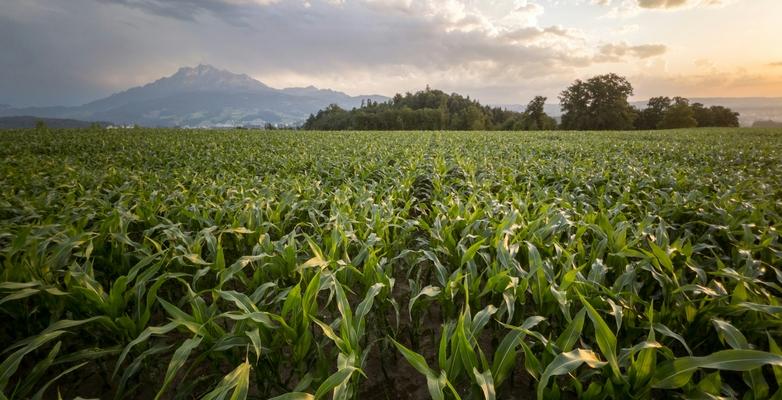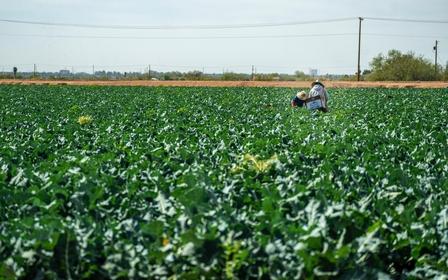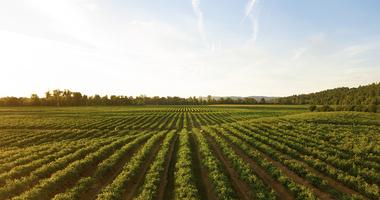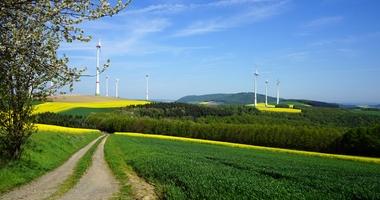
Regenerative Agriculture
Few areas are as vulnerable to the climate crisis as the farms that feed us – with profound consequences for global food security.
At the same time, agriculture itself is a major contributor to climate-changing emissions. Globally, the most recent data indicates that agriculture, together with forestry and other land use, is responsible for 22% of all human-created greenhouse gas emissions.
The good news is that growing numbers of farmers around the world are doing their part to help cut greenhouse gas emissions and fight climate change with regenerative agriculture.
Regenerative agriculture is the name for a set of holistic practices that both reduce emissions and rehabilitate and enhance the entire farm system by working with nature to restore soil health, improve water management, optimize fertilizer use, and more.
TAKE ACTION
OUR LETTER TO CONGRESS
We urged congress to protect key federal resources that provide the nation’s farmers with the tools they need.

CONNECT WITH A CLIMATE REALITY INTERNATIONAL BRANCH
Located in 11 key countries and regions, our branches form a network of thousands of changemakers working for climate-smart farming and land use solutions across sectors and continents. Branches mobilize advocates to pull on the levers of power and drive real change in their community, country, or region.

WHAT WE'RE FIGHTING FOR
LEARN MORE
JOIN CLIMATE REALITY
JOIN OUR EMAIL LIST
We believe real change comes from the ground up. We know that a small-but-committed critical mass of activists can not only transform society but change the world. Join our email list we’ll keep you posted on how you can take action to address the climate crisis with us.







